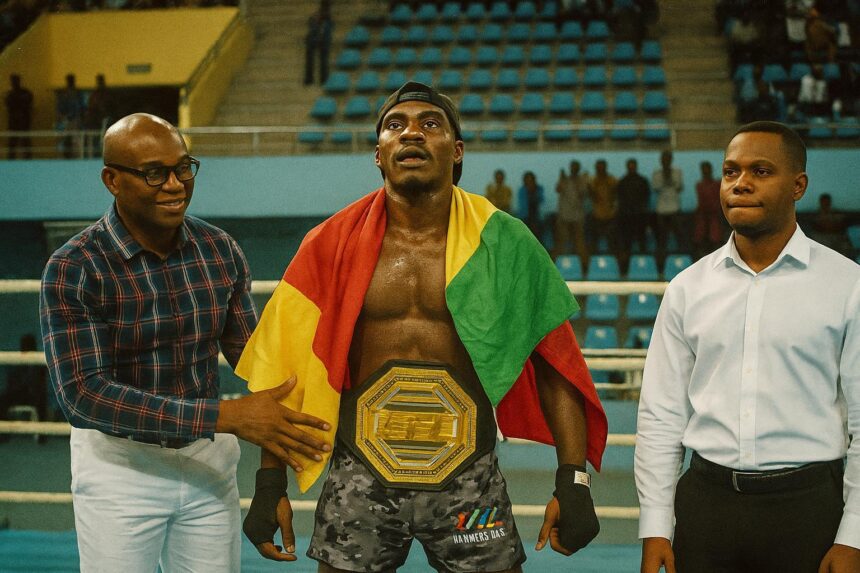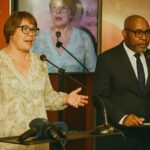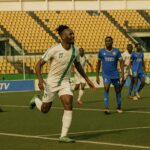A Ring Reclaimed in Brazzaville
On 13 July, the Palais des Sports de Kintélé reverberated with the percussion of leather on flesh as the Republic of Congo hosted the second instalment of Warrior Kongo, an event gradually earning a place on the Central African sporting calendar. In a symbolic reversal of last year’s outcome, national contenders Cédric Moundeké Mpandzou and Espoir Dianzenza captured the two K-1 belts at stake, defeating Democratic Republic of Congo’s Arem’s Mbendo and Cheristevie Mimbay respectively. The imagery of Diables Rouges reclaiming supremacy over the Léopards is not merely athletic folklore; it resonates with a long-standing Brazzaville–Kinshasa rivalry whose intensity, though sports-centred, often informs diplomatic narratives along the Congo River.
Harnessing Sport for Youth Inclusion
Césaire Alfred Nzobo, first vice-president of the Congolese Federation of Kick-Boxing and Associated Disciplines, framed the project with deliberate social undertones. Warrior Kongo, he noted, was conceived ‘to combat the counter-values eroding our youth and to channel their energy into productive social integration’. Independent observers from UNICEF and the UN Development Programme have repeatedly pointed to economic stagnation and under-employment as catalysts for delinquency in urban centres such as Brazzaville and Pointe-Noire. In that sense, the ring doubles as an improvised classroom in civic responsibility, discipline and resilience, complementing governmental programmes like the Plan national de développement 2022-2026 that emphasise human capital.
Soft Power at the Edge of the River
For policy practitioners, the tournament serves a less stated but equally important purpose: soft power projection. In a region where traditional diplomacy can be overshadowed by security imperatives, sports diplomacy offers a low-cost, high-visibility conduit for engagement. Brazzaville’s Ministry of Sports and Physical Education, which formally endorsed the event, sees in Warrior Kongo a vehicle to brand the republic as a hub of peaceful competition and cultural vitality. By inviting athletes from Gabon, Cameroon and the two Congos, organisers weave a narrative of regional camaraderie compatible with President Denis Sassou-Nguesso’s preference for dialogue-based conflict management at the multilateral level.
Infrastructure Constraints and Administrative Hurdles
Despite the evening’s triumphs, Nzobo conceded that securing access to state-owned venues required protracted negotiations, underscoring the structural challenges that still hamper sporting expansion. The vast Kintélé complex, erected for the 2015 African Games, remains an architectural symbol of national ambition, yet maintenance costs and bureaucratic layers can deter federations with modest budgets. International partners such as the International Federation of Muaythai Associations have informally advised Brazzaville to streamline facility governance to attract continental championships. Feedback from athletes further highlights the need for continuous medical support and training camps so that victories at home translate into credible performances on global circuits.
Toward an International Trajectory
Looking ahead, the federation plans to restructure its provincial chapters, launch talent-identification caravans and negotiate bilateral agreements with Moroccan and Turkish training centres renowned for K-1 expertise. The objective is explicit: within three seasons, Congolese fighters should qualify for the World Games and accumulate ranking points in the Glory and ONE Championship promotions. Such a roadmap, if realised, would not only amplify individual careers but also reinforce Brazzaville’s diplomatic branding as a nation capable of exporting disciplined athleticism. As the final bell echoed and the Tricolore fluttered above the ring, the subtext was clear: in Congo-Brazzaville, gloves may well become an instrument of governance, social cohesion and mutually beneficial engagement with the international community.



















